 With the threat of climate change, the international community created the Paris Agreement which aims to stop global warming and preserve the environment for our future generations. The international community is then rightfully geared towards promoting economic growth within the context of sustainable and environmentally-responsible development. As a result, new work opportunities, called ‘green jobs’, are now emerging in the field of sustainable green development. In support of the new green jobs, a new legal framework is needed. With the Philippines being a signatory to the Paris Agreement, the country has thusly followed suit with the rest of the international community through the enactment of R.A. No. 10771 or the Philippine Green Jobs Act (PGJA) of 2016.The PGJA is the first piece of legislation in the country’s history specifically designed to generate, sustain and incentivise green jobs in order to develop an environmentally-friendly economy. The PGJA was enacted by the Philippine legislature on April 29, 2016 and took effect on May 18, 2016. Prior to the PGJA, incentives given to enterprises for adopting green practices were scattered in different laws such as the Organic Agriculture Act of 2010 (R.A. No. 10068) and Renewable Energy Act of 2008 (R.A. No. 9513). Previously, there was no legal concept relating to green jobs in the country. However, under the PGJA, green jobs are now recognised and defined as any form of employment in any economic sector that contributes to the quality of the environment. Additionally, these green jobs are required to be “decent”, in that they are productive, respect worker rights, deliver fair income, provide workplace security, provide social protection for families and promote social dialogue. In addition to fiscal and non-fiscal incentives already granted or provided under existing laws, orders, issuances and regulations, the PGJA enumerates the following financial incentives to encourage business enterprises even further to walking the environmentally-friendly route in the creation of green jobs: Based on these incentives, business enterprises are encouraged to not only hire employees skilled in preserving the environment, but also train or educate their current employees. Business enterprises are also encouraged to conduct research so as to reduce the environmental impact of their operations. In this regard, we may then expect the PGJA to lead to a redefinition of many jobs across a range of sectors and in turn encourage employment growth, skills development and worker training within an ever-increasingly green economy. In order to make sure that green jobs become instrumental in the greening of the Philippine economy, the PGJA adds the Secretary of the Department of Labor and Employment (DOLE) as a member of the Philippine Climate Change Commission. In this regard, the DOLE is tasked to formulate a National Green Jobs Human Resource Development (HRD) Plan, in coordination with other government agencies. Currently, we are seeing some healthy progress, with the DOLE Secretary indicating that HRD roadmaps for 27 industries have already been formulated. Furthermore, the PGJA also mandates the DOLE, together with the Philippine Statistics Authority, to maintain a database of green careers, professions and skills, as well as a list of emerging business enterprises, that generate and sustain green jobs. Indeed, this new law was created for the service of and within a global context. The PGJA itself is a product of the Green Jobs Initiative, a global partnership of the International Labour Organisation, the United Nations Environment Programme, the International Trade Union Confederation, and the International Organisation of Employers. Furthermore, research for the PGJA was also funded by the Australian Agency of International Development. Now that we have a statutory definition of green jobs, backed with the grant of incentives, business enterprises are then highly encouraged to partake in efforts to prevent global warming and at the same time generate more sustainable jobs for Filipinos. I thus look forward to the release of the Internal Rules and Regulations (IRR) that shall lay down the specifics for the new investments and new job opportunities that we certainly need to build a clean and green nation. (This first appeared in Business World, a newspaper of general circulation in the Philippines) –––––––––––– |
Philippines
Related Articles by Firm
The sanctity of our home offices
Often quoted in cases involving searches and seizures is the principle that “a man’s home is his castle” ...
Financial rehabilitation amidst the COVID-19 pandemic
In light of the implementation of various community quarantine measures brought about by the COVID-19 pandemic in the Philippines, many business establishments were either prevented from operating or permitted with limited operational capacity ...
Fine prints
Rights-holders must always be vigilant, exercise caution and, most of all, read and question the fine prints.
Travel restrictions, work permit and visa status of expats in the Philippines
While the coronavirus disease (Covid-19) knows no nationality or race, most countries have taken the approach, among others, of closing their respective borders to prevent it from spreading ...
Philippines: Pandemics, police power and private contracts
With the worsening coronavirus outbreak, President Rodrigo Duterte has shifted gears ...
Philippines: Coping with Covid-19
While Covid-19 is primarily a health issue, it cannot be denied that it has multi-faceted effects ...
Philippines: Work suspension during calamities
On January 12, 2020, the Taal volcano in the Philippines began erupting, causing numerous cities to experience ash fall and necessitating the evacuation of families living nearby ...
Philippines: Changing times for PEZA locators
The Philippines enticed into investors into its special economic zones with tax incentives, such as income tax holidays (ITH) or 5 percent gross income taxation (GIT), VAT zero-rated purchases and duty-free importations ...
The 2019 HCCH Judgments Convention and the enforcement of foreign judgments in the Philippines
In a world where cross-border transactions are commonplace, disputes inevitably arise. Thus, the recognition and enforcement of foreign court decisions is a key issue ...
Compulsory investment of branch offices in the Philippines
The Revised Corporation Code introduced amendments to the otherwise outdated Corporation Code.
Philippines: The POGO problem – Harmonising immigration, gaming and gambling
It is highly illegal to gamble in China save for a few state-run lotteries. To avoid this prohibition, gambling companies operate offshore so that they may continue catering to Chinese nationals who play casino and e-games online ...
Developments in the Philippine Competition Commission’s enforcement activities
Early this year, the Philippine Competition Commission (PCC) Enforcement Office launched a leniency/whistleblower programme offering immunity from suit and reduction of fines to cartel members who will provide information that will help the PCC investigate and prosecute cartels ...
Revisiting the AMLA in light of transnational money laundering
For several decades, money laundering has extended the reach of transnational organised crime throughout various nations ...
Revisiting important concepts in arbitration
Philippine courts are keen on making arbitration and other modes of ADR the staple in settling disputes domestically.
Keeping your mobile number for a lifetime
A new law facilitates the easy movement of subscribers from one service provider to another.
The right to know: Freedom of information in the Supreme Court
Like all other rights, the “right to know” is not an absolute right.
The Philippines 11th Foreign Investment Negative List and its impact on online businesses
A more liberalised foreign participation may change the internet-based business landscape in the Philippines ...
The Philippine Competition Commission bares its teeth
For the first time since its inception in 2015, the Commission has blocked a merger after conducting its review.
A peek into the revised Corporation Code of the Philippines
On February 20, 2019, President Rodrigo Duterte signed into law Republic Act No. 11232, otherwise known as the Revised Corporation Code of the Philippines (the New Code) ...
Philippines: Protecting indigenous knowledge systems and practices in intellectual property rights registration
Indigenous peoples (IPs) and indigenous cultural communities (ICCs), though explicitly protected under the constitution itself, sadly remain one of the most marginalised and forgotten sectors in Philippine society ...
Philippines: The right to know – Freedom of information in the Supreme Court
Freedom of Information is a right enshrined in our fundamental law ...
Investments for the environment
In a recent report released by the leading international body for assessment of climate change, the UN Intergovernmental Panel on Climate Change (UN IPCC), established a target global warming limit of 1.5°C ...
The PCC’s Joint Venture Guidelines
The Philippine Competition Commission must strive to strike a balance ...
How the Mental Health Act affects employees
Mental health conditions, which include anxiety and panic disorders, depression, eating disorders, substance abuse and addictions, have become a pervasive issue which permeates our present society ...
The Ease of Doing Business Act tapers red tape
RA 11032 is a welcome step towards achieving the quality government services that Filipinos deserve.
Much EndO about nothing
President Duterte says he has put an end to the “Endo” or the practice of engaging employees on a contractual basis. But has he?
Philippines: Proposed rules and regulations on crowdfunding
Crowdfunding (CF) platforms have proven to be a popular way to solicit charitable donations and to raise funds for projects or business ventures ...
Revised guidelines for continuous trial of criminal cases in the Philippines
Recent measure to address judicial delays ...
Virtual currency in the Philippines: Recognition and regulation
Bitcoin is essentially a virtual currency (VC), which is any type of digital unit that is used as a medium of exchange — a veritable currency that exists in the digital world. Since it is electronic currency, VC is easily transferable ...
Protection of women employees in the Philippines
According to the World Economic Forum’s Global Gender Gap (GGG) Report conducted in 2016, the Philippines is the most gender-equal country in the Asia-Pacific region, having closed nearly 79 percent of its gender gap ...
Anti-Trust & Competition: Philippines - Towards robust yet balanced competition in the Philippines
The state of Philippine competition regulation has been slowly taking shape barely over two years after the passage of the Philippine Competition Act (RA 10667) ...
PHILIPPINES: The internet and doing business in the Philippines
Earlier this year, the Philippines Securities and Exchange Commission (SEC) issued an opinion stating that an online gaming system with absolutely no physical presence in the Philippines shall be considered as “doing business” in the Philippines and was thus required ...
Philippines: Psychological disorders in the workplace
The problem of mental health presents a particular conundrum under labour relations and standards ...
Clarifying the role of contractors and subcontractors
Recent changes to labour laws in the Philippines attempt to clarify the status of contractors and subcontractors in certain industries ...
Fake news and its web of legal issues in the post-truth era
Oxford Dictionaries’ Word of the Year for 2016 is “post-truth” — an adjective defined as “relating to or denoting circumstances in which objective facts are less influential in shaping public opinion than appeals to emotion and personal belief”. ...
Dollar-denominated securities in relation to Corporation Code’s provisions on capital
The Philippines Stock Exchange (PSE) issued rules on December 2, 2016 governing the listing, trading and settlement of US dollar-denominated securities (DDS)....
Cyber bullying in the Philippines
The pen is mightier than the sword or so the adage goes. When this was once said, it was to highlight the power of thoughts and ideas over brute force and violence as a way to effect change. Today, the ...
Uber/GrabCar drivers: Independent contractors or employees?
The buzz about the legality of Uber and GrabCar operating in the Philippines might have died down, but now there is another legal issue surrounding them: whether their drivers are employees or ...
Price fixing in the context of the Philippine Competition Act
In light of the enactment of the Philippine Competition Act (PCA) in 2015, competitors, manufacturers, retailers and sellers or suppliers, in general, should be ...
Implementation of the data privacy act in Philippines now in full swing
Since 2012, the Philippines has had a comprehensive law governing personal data privacy. However, full implementation ...
Taxability of service fees received by non-resident foreign companies from online advertising in the Philippines
The use of the internet for the promotion of goods and services, particularly social media (Facebook, Twitter and ...
Levelling the playing field in the Philippines
Before the enactment of the Philippine Competition Act in 2015, the Philippines was the only founding member of Asean that did not have a comprehensive competition law in place. Francisco Ed Lim, Patricia-Ann T Prodigalidad, Eric R Recalde of <...
Age discrimination in the workplace
Republic Act No. 10911 (also known as the ‘Anti-Age Discrimination in Employment Act’) lapsed into law on 21 July ...
Interplay of domestic law on compulsory licensing and international agreements on medicine prices
The price of pharmaceutical products in the Philippines appears to be on the high side compared to that in other Asian ...
Restrictive covenants in employment contracts
One of the means of keeping afloat in today’s competitive market is to hire employees who are ‘fit’ for a particular job. However, before employers ...
Make our system work: litigation practice expedited
The perception that litigation is a slow and arduous process has drawn many of us closer to the idea of alternative modes of dispute resolution. ...
Department of Labor and Employment (DOLE) Department Order No. 18-A: The Rules and Regulations on Contracting
On December 4, 2011, Department of Labor and Employment (DOLE) Department Order No. 18-A (D.O. 18-A), the new Rules Implementing Articles 106 to 109 ...
An overview of Philippine Data Privacy Law
Republic Act No. 10173, or the Philippine Data Privacy Act of 2012 (RA10173), was signed into law on August 15, 2012. This is the ...
New competition law for the Philippines
The Philippine Competition Act (PCA) went into effect on August 5, 2015. The law applies not only to acts committed in the Philippines but ...
Related Articles
Related Articles by Jurisdiction
Joint Venture Guidelines of the Philippine Reclamation Authority
The Guidelines govern all JVAs formed for the development and disposition of PRA’s existing properties and projects.
Copyright and remote learning in the time of Covid-19
On August 15, 2020, Philippines’ President Rodrigo Duterte approved the recommendation of Department of Education Secretary Leonor Briones to defer the opening of classes from August 24, 2020 to October 5, 2020 in view of the Covid-19 pandemic ...
Philippines: Work suspension during calamities
On January 12, 2020, the Taal volcano in the Philippines began erupting, causing numerous cities to experience ash fall and necessitating the evacuation of families living nearby ...
Latest Articles



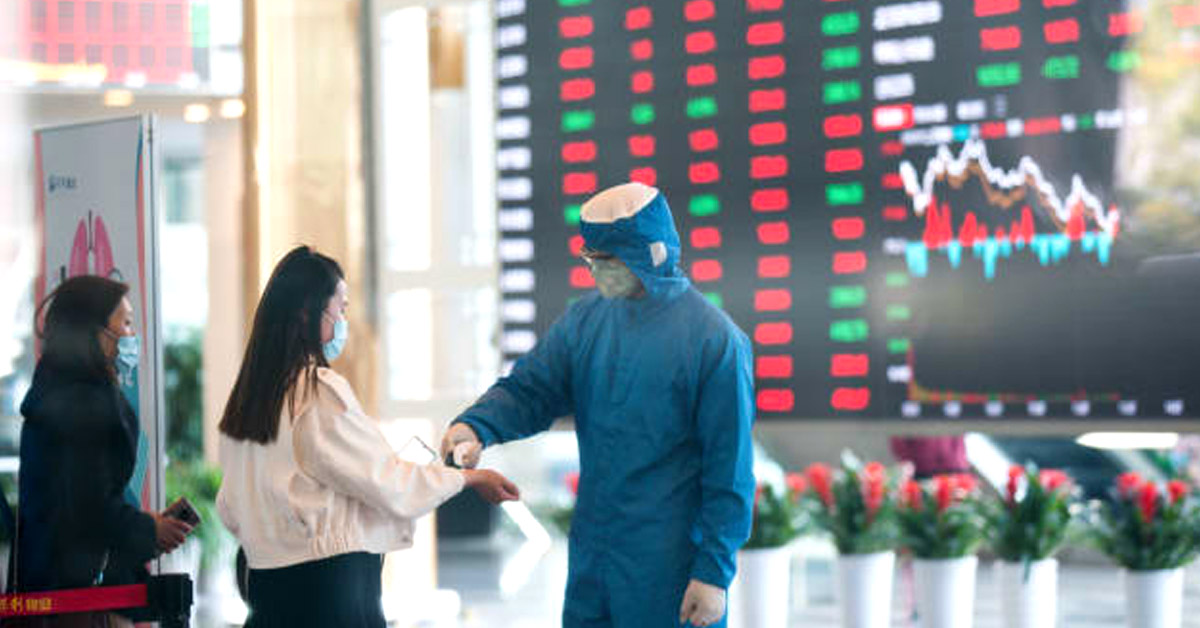

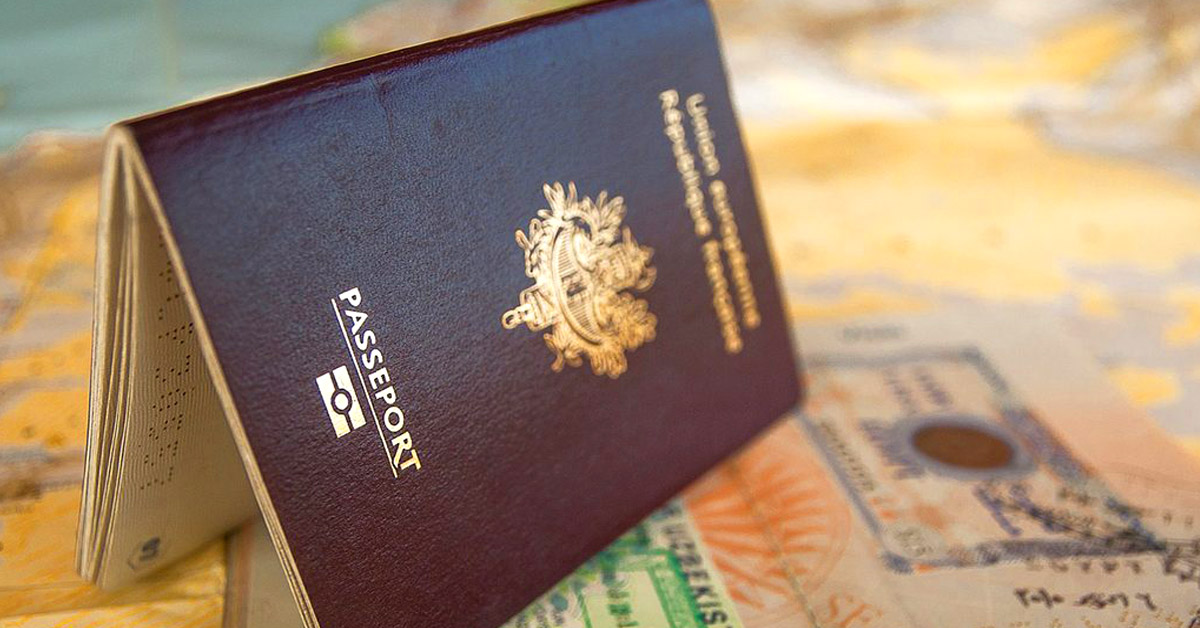
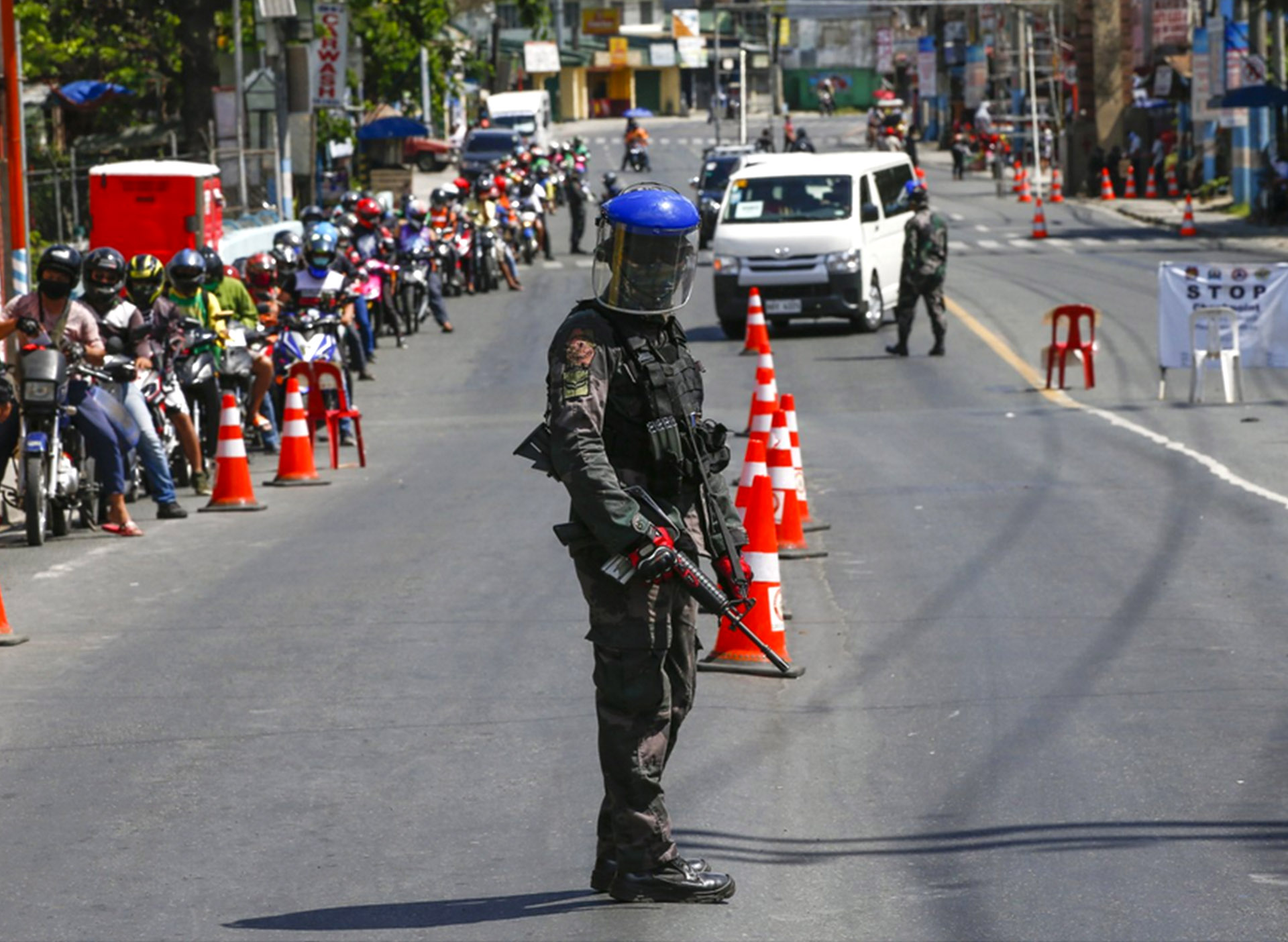








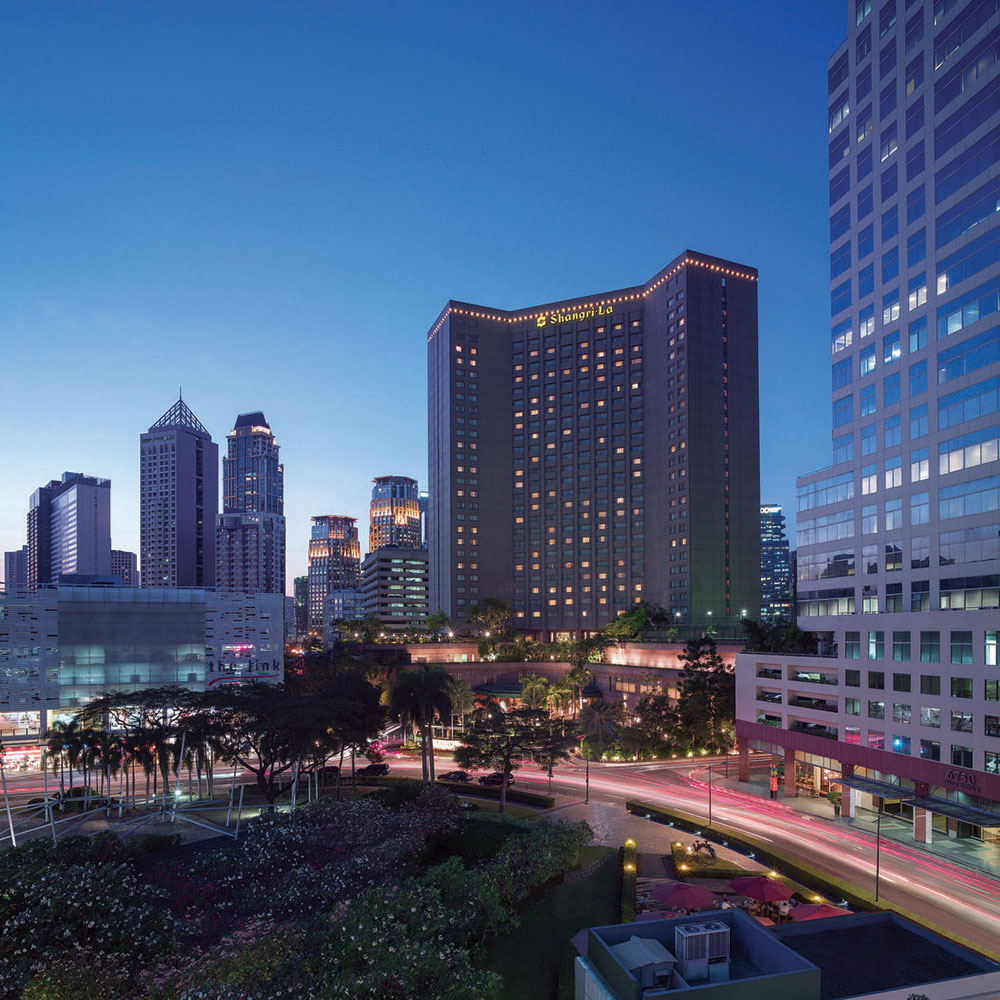



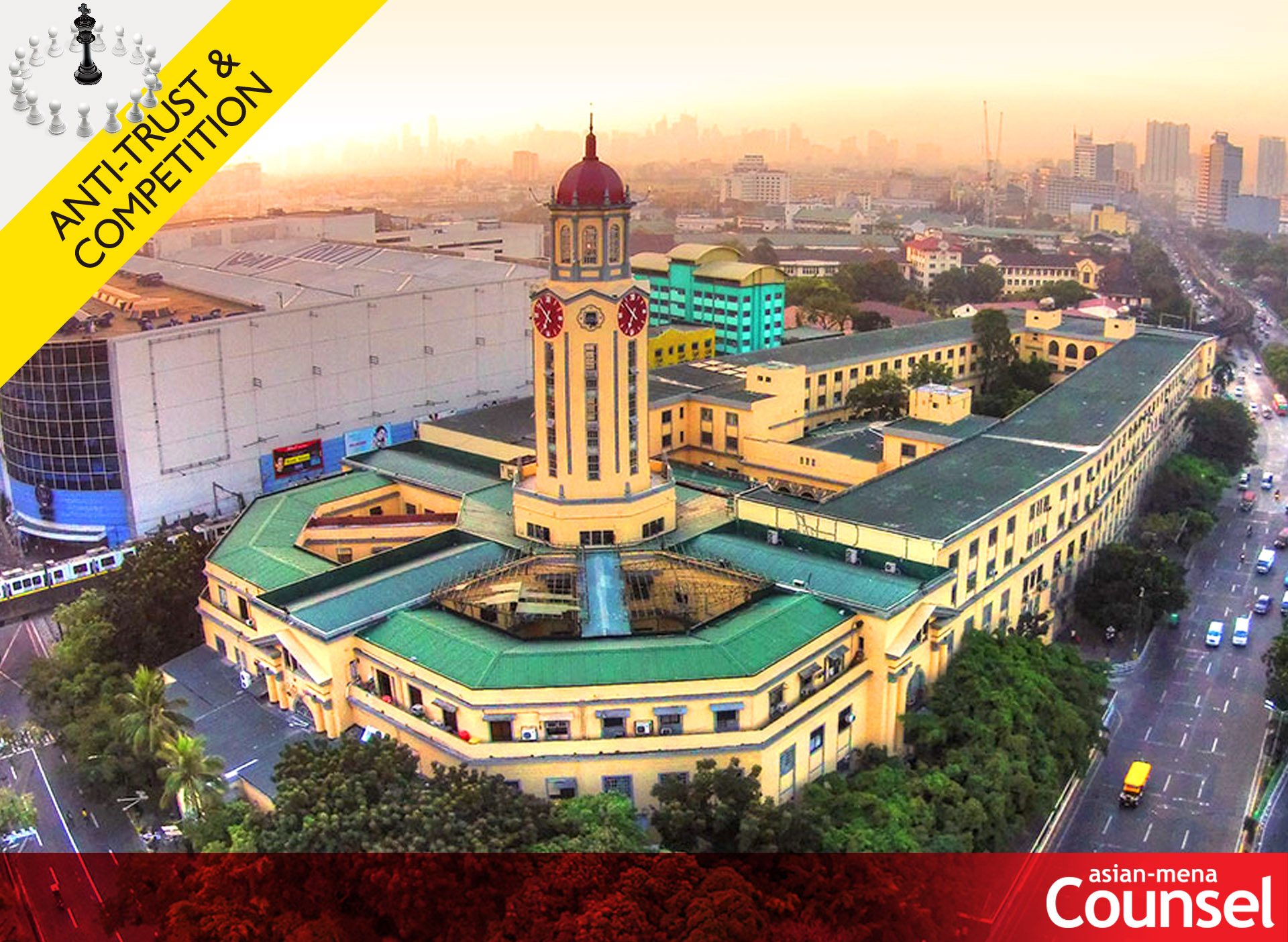










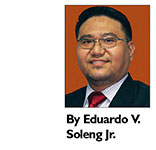
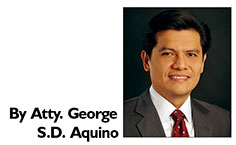








 Angara Abello Concepcion Regala & Cruz Law Offices (ACCRALAW)
Angara Abello Concepcion Regala & Cruz Law Offices (ACCRALAW)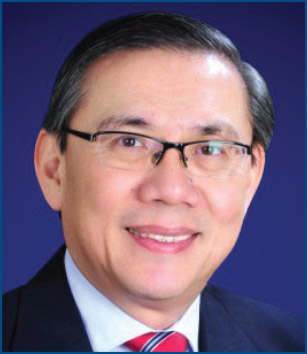 Emerico O. De Guzman
Emerico O. De Guzman







